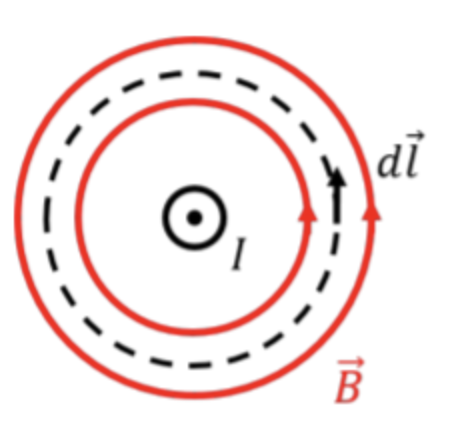any name here
Last edited: August 8, 2025Anytime Error Minimization Search
Last edited: August 8, 2025Big picture: combining off-line and on-line approaches maybe the best way to tackle large POMDPs.
Try planning:
- only where we are
- only where we can reach
Take into account three factors:
- uncertainty in the value function
- reachability from the current belief
- actions that are likely optimal
It allows policy improvement on any base policy.
Setup
Discrete POMDPs:
- \(L\), lower bound
- \(U\), upper-bound
- \(b_0\): current belief
Two main phases: the algorithm
aosneuhasoneuh
Last edited: August 8, 2025eansoetuhaosneu
AP Phys C EM Index
Last edited: August 8, 2025Other Factoids
Chapters
- coulomb’s law
- superposition
- electric field
- Gauss’ Law
- electric potential
- current
- Ohm’s Law
- resistor
- kirchoff’s laws
- Capacitor
- Dynamic RC Circuits
- magnetism
- faraday’s law
Things to do
AP Phys C EM Things to Do
Last edited: August 8, 2025- Review all the names of units, and their SI conversions
- Review all eqns of time constants
- “Amperian Loop”

